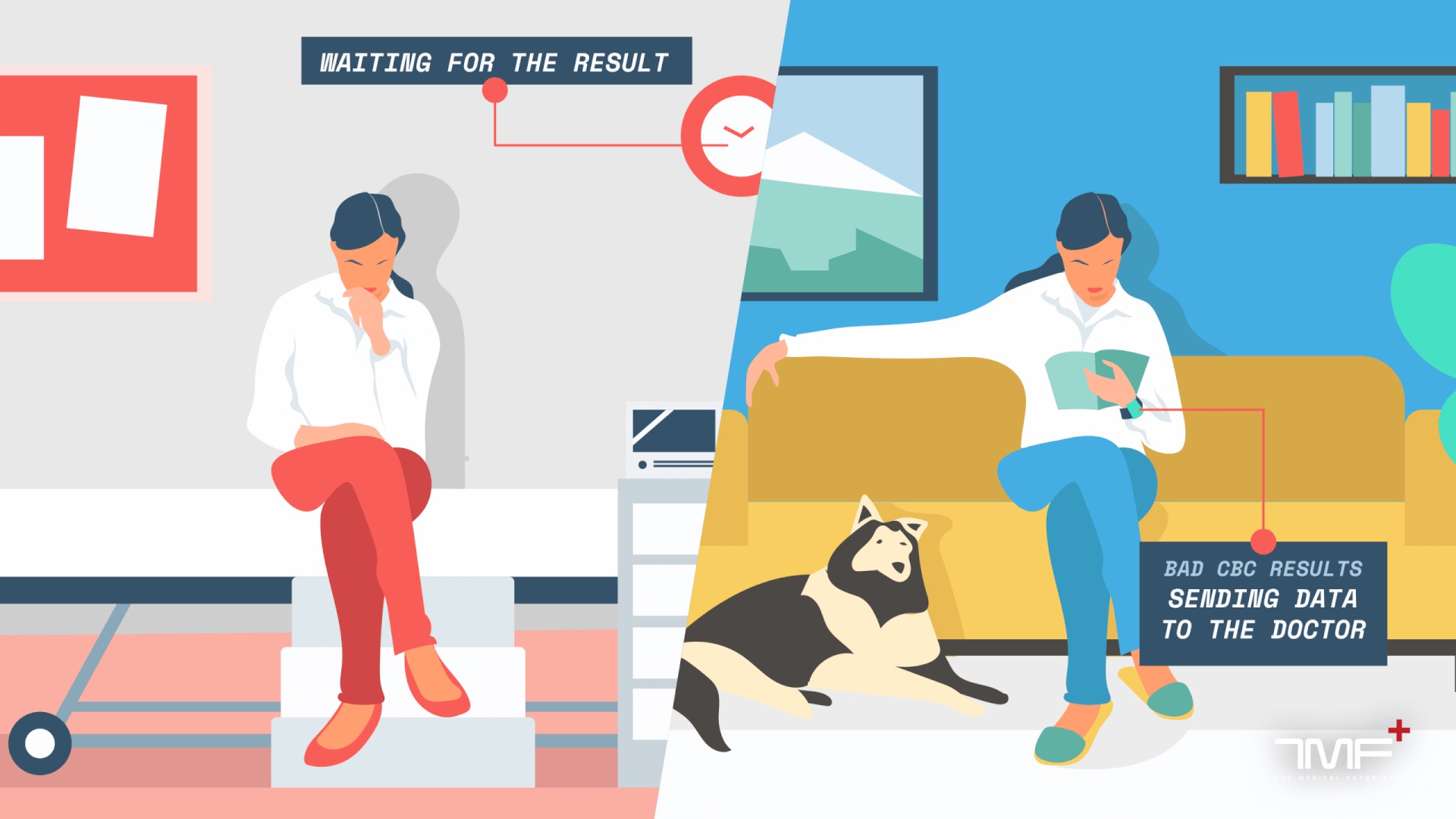
@ShahidNShah


A.I.-based and/or remote diagnostics will play a significant role in the future of oncology, as it addresses more than one pain point of the field: capacity shortage of professionals and late diagnosis (and thus worse prospects) of patients. A recent example is DERM, an A.I.-powered, smartphone-based skin cancer detection technology. A similar solution was developed by SkinVision, an app my trusted dermatologist recommended for me after my genetic test revealed I have a higher-than-average chance for skin cancer. Color me healthy, a gaming app developed for cancer patient children was found useful to track symptoms in a small study carried out in the US. The researchers used organoids – grown in dishes – and xenografts – implanting tissue into mice – to simulate cancer and tested dozens of treatment options, eventually building a “data bank” of organoids and xenografts of real-patient cancers – that is able to accurately showcase how cancers react to drugs in living humans. Scientists have revealed an artificial intelligence (AI) program capable of identifying key signs of lung cancer in CT scans a full year earlier than existing methods can, according to research presented at the European Respiratory Society International Congress.
The researchers then tested the AI program on another group of 1,179 patients who were involved in a lung screening trial that required a three-year follow-up. This group had 177 patients already diagnosed with lung cancer via biopsy, following the final scan during the trial. Following this, you may then connect to a gastroenterologist through the same telemedicine service provider like InTouch Health/Teladoc to inquire about preventive measures regarding your GI tract; after all, uncle John did succumb to colorectal cancer. With increased access to healthcare and awareness methods like smart mirrors even in the most remote areas, earlier detection of cancerous symptoms will be more feasible and subsequently prevent their progression. Some of these tests determine medication side effects, which is a crucial bunch of information for cancer patients when taking multiple drugs.
Portable non-invasive devices to measure blood cell count are already a thing like the one MIT researchers developed to detect severe neutropenia in chemotherapy patients from their homes. With the advent of remote check-up methods, coping with cancer will be made easier as patients will be able to follow up on their treatment in the familiar environment of their homes while being surrounded by their close ones. The future of oncology looks bright for patients and doctors alike; we have to embrace the technologies that will make this future possible.
Continue reading at medicalfuturist.com
"We think healthcare is high on the list of experiences that need reinvention," Neil Lindsay, SVP of Amazon Health Services, said in a statement. Booking an appointment, waiting weeks or even months …
Posted Jul 23, 2022 Healthcare Primary Care
Connecting innovation decision makers to authoritative information, institutions, people and insights.
Medigy accurately delivers healthcare and technology information, news and insight from around the world.
Medigy surfaces the world's best crowdsourced health tech offerings with social interactions and peer reviews.
© 2026 Netspective Foundation, Inc. All Rights Reserved.
Built on Jan 2, 2026 at 1:27pm